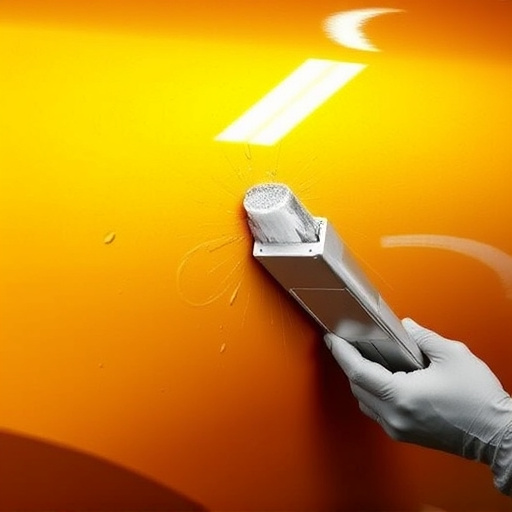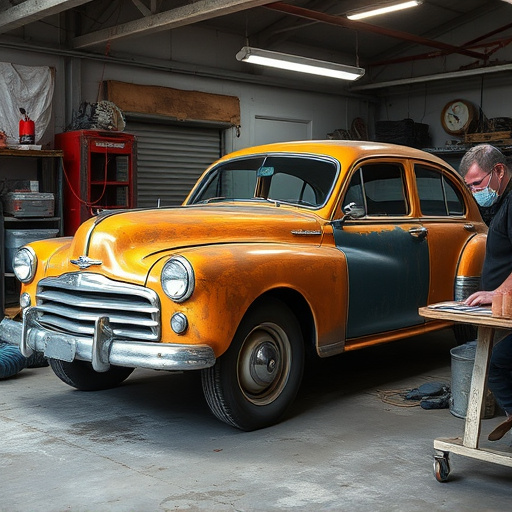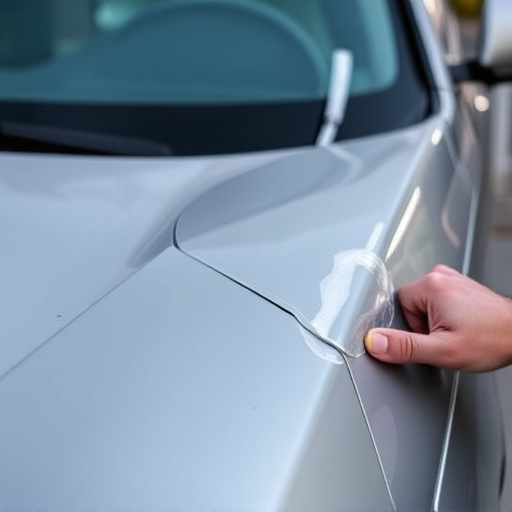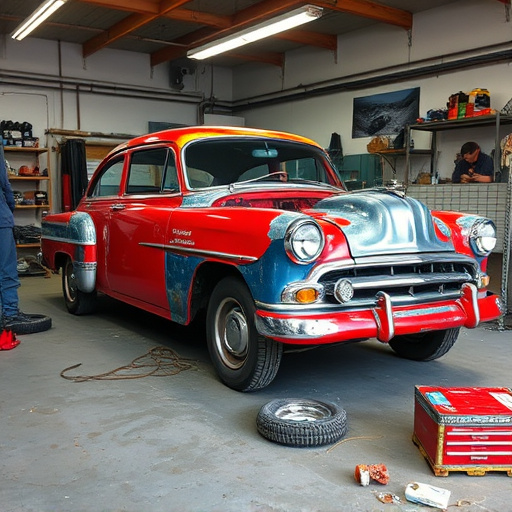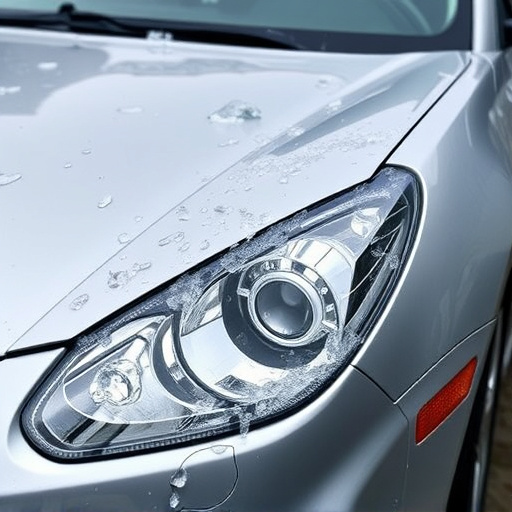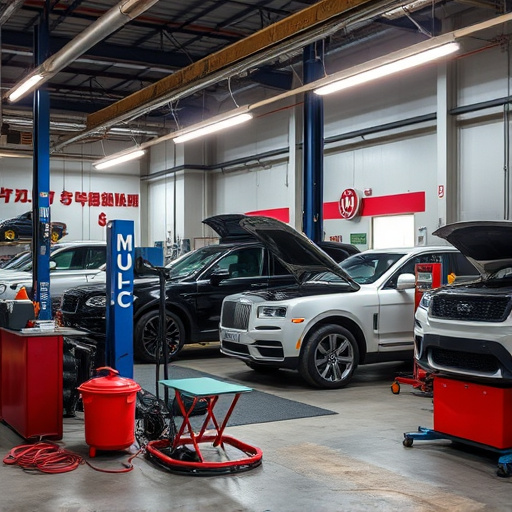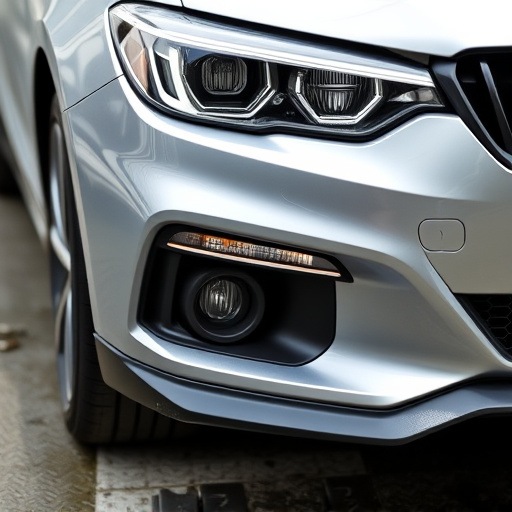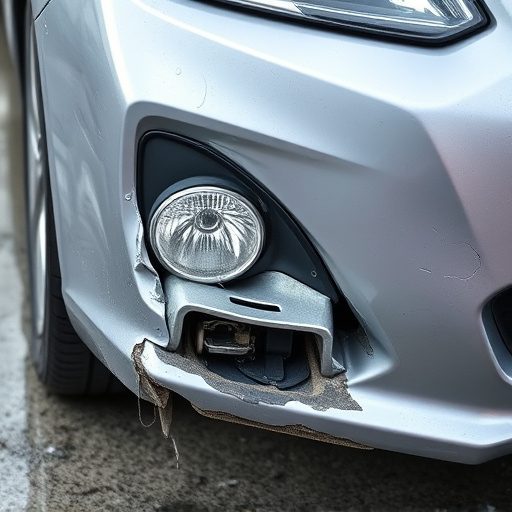Eco-friendly collision repair is a growing trend in the automotive industry, prioritizing environmental conservation with sustainable methods and materials to meet regulations while preserving natural resources. Luxury vehicle repair specialists like Mercedes Benz collision repair adopt these green initiatives to stay ahead of trends, attract eco-conscious customers, comply with regulations, and enhance their reputation as responsible businesses. Regulatory compliance focuses on safety, waste reduction, and using safer, less toxic materials. Green practices reduce carbon footprints, minimize toxic chemical releases, use recycled parts, and lower operational costs, differentiating auto shops in a competitive market.
Eco-friendly collision repair is more than just a trend; it’s a necessary step towards sustainable automotive practices. This approach, rooted in minimizing environmental impact, aligns perfectly with evolving regulations. By understanding core principles and their application, auto shops can ensure compliance while reducing waste and enhancing safety. Beyond regulatory adherence, eco-friendly practices offer long-term benefits, fostering a greener industry. This article explores these aspects, providing insights into how collision repair facilities can stay ahead by embracing sustainable solutions.
- Understanding Eco-Friendly Collision Repair Principles
- Regulatory Compliance: A Focus on Safety and Waste Reduction
- Benefits Beyond Regulations: Sustainable Practices for Auto Shops
Understanding Eco-Friendly Collision Repair Principles
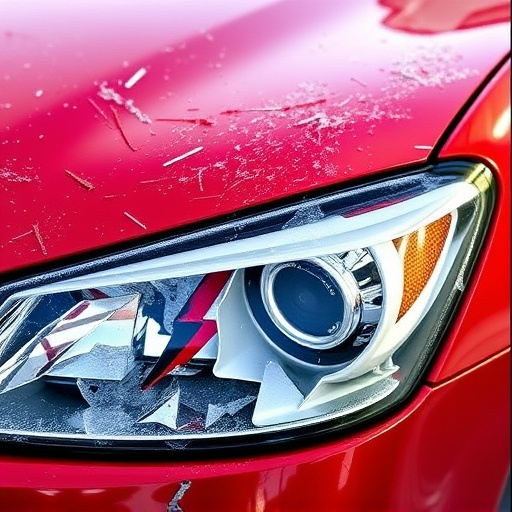
Eco-friendly collision repair is a growing trend in the automotive industry, focusing on minimizing environmental impact during the restoration process. This approach goes beyond traditional auto repair shop practices by adopting sustainable methods and materials to ensure compliance with regulations while preserving natural resources. The core principles involve using eco-conscious materials, such as recycled or biodegradable components, and implementing energy-efficient practices to reduce overall emissions.
For luxury vehicle repair enthusiasts, like those specializing in Mercedes Benz collision repair, embracing these principles offers a chance to stay ahead of the curve. By integrating green initiatives into their workflow, auto repair shops can appeal to environmentally conscious customers while meeting regulatory standards. This not only contributes to a greener future but also enhances the reputation of the shop as a responsible and innovative business.
Regulatory Compliance: A Focus on Safety and Waste Reduction
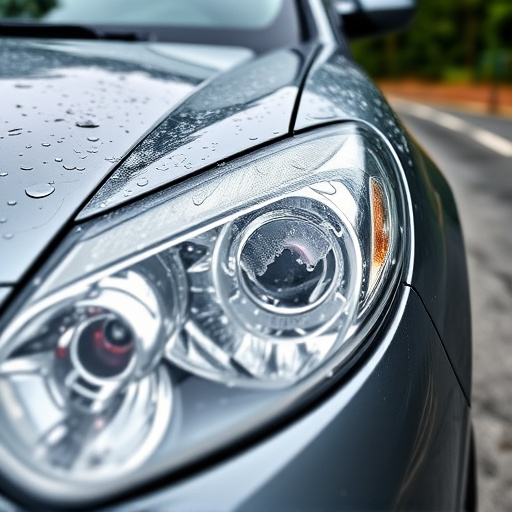
In the realm of eco-friendly collision repair, regulatory compliance is paramount, focusing on two key aspects: safety and waste reduction. Stringent regulations govern the automotive restoration industry, aiming to minimize environmental impact while ensuring the well-being of workers and nearby communities. These guidelines dictate the use of safer, less toxic materials and strict waste management practices during vehicle collision repair processes.
Eco-friendly techniques, such as paintless dent repair, offer a more sustainable approach by eliminating harmful chemicals found in traditional painting methods. By adhering to these regulations, collision repair facilities contribute to a cleaner environment while providing top-notch services for customers seeking environmentally conscious automotive restoration solutions.
Benefits Beyond Regulations: Sustainable Practices for Auto Shops
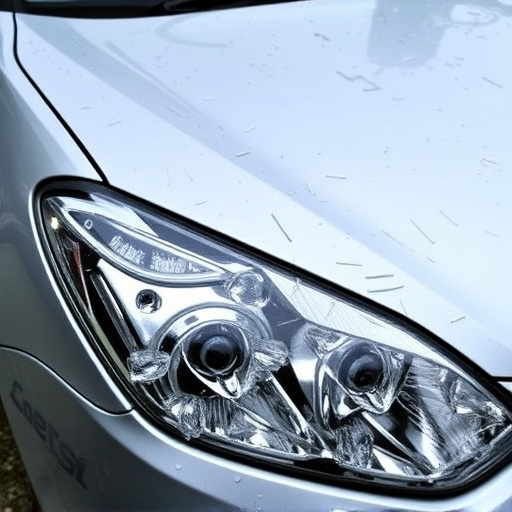
Eco-friendly collision repair goes beyond mere compliance with regulations; it represents a broader commitment to sustainability and environmental stewardship. By adopting green practices, auto shops can significantly reduce their carbon footprint while enhancing operational efficiency. For instance, using eco-friendly materials in repairs minimizes the release of toxic chemicals, contributing to cleaner air and water. Additionally, these methods often lead to less waste generation, as recycled parts and products are favored over new ones.
Beyond regulatory adherence, sustainable practices offer several advantages for automotive repair services and classic car restoration businesses. They can attract environmentally conscious customers who prioritize eco-friendly choices. Moreover, green initiatives may decrease operational costs by reducing energy consumption and waste management expenses. In a competitive market, these benefits can set auto shops apart, appealing to a diverse range of clients, from those seeking top-notch dent repair to enthusiasts interested in classic car restoration done with an eye towards sustainability.
Eco-friendly collision repair isn’t just a trend; it’s a necessity in today’s regulated environment. By embracing principles that prioritize sustainability and minimize environmental impact, auto shops not only comply with regulations but also contribute to a greener future. Beyond safety and waste reduction, these practices offer long-term benefits, fostering a more responsible and efficient automotive industry. This approach ensures that vehicle repairs not only restore functionality but also preserve our planet for generations to come.

